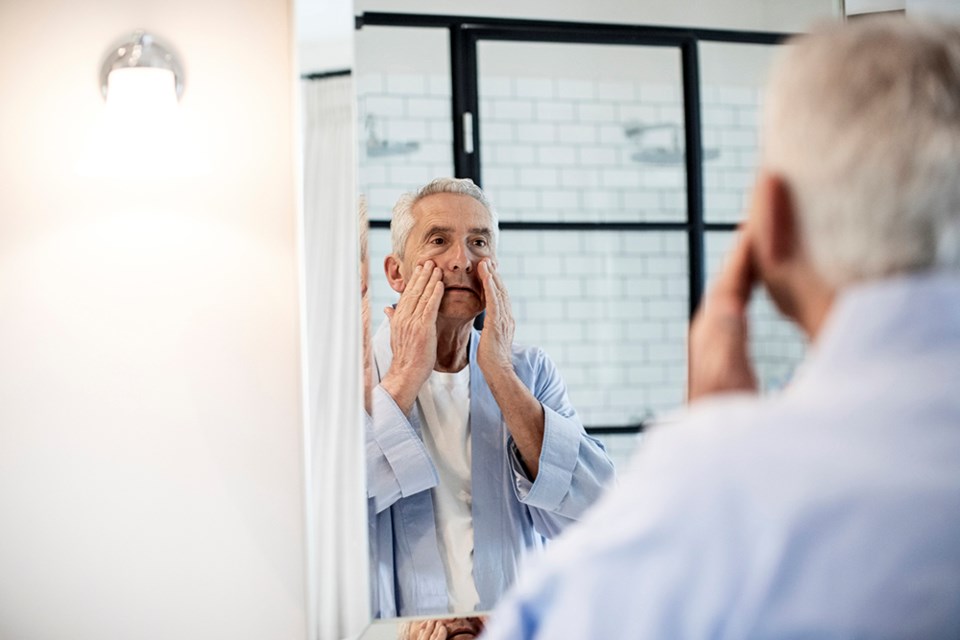I am aging fast right now. It is noticeable to myself and to the large mirror in my hallway.
Through a lot of conscious self-improvement and compassionate intervention from others, I am giving myself some slack and showing kindness, however, the mirror at the end of the long hallway is taking a “you have to be cruel to be kind” approach.
I don’t like aging and watching my body recede, then fade to a silvery monochromic ghost of what it was. I am not ready to see that much of my skeleton while getting dressed for the day.
The late and great Canadian poet Leonard Cohen articulated the feeling in song: “My friends are gone and my hair is grey, I ache in the places I used to play.”
I was surprised by my own negative attitude toward aging. Beliefs and values don’t happen out of thin air like a bad magic trick. Negative attitudes toward aging and the elderly are embedded in western culture, and are passed transgenerationally unless confronted and questioned.
In her eye-opening book Breaking the Age Code: How Your Beliefs About Aging Determine How Long and Well You Live, Dr. Becca Levy states that more positive expectations and beliefs around aging and death can benefit many aspects of the aging process, including the way genes operate, and increase life expectancy by 7.5 years.
In fact, Levy states that the mind's influence on our body is now verifiable science and this connection is amplified with the aging process and expected longevity.
Levy also offers a blueprint to reduce structural ageism for, hopefully, a lasting change and more age-just society. Chronic stressors in the life of the elderly from unfavourable stereotypes adversely affects their physical and cognitive health.
Overhearing a teenager casually refer to the COVID-19 pandemic as a “Boomer remover” seemed particularly callous. The 14 or 15 year old was referring to the older generation of Baby Boomers and their vulnerability of dying from the virus because of their advanced age and compromised immune systems.
In the USA, age prejudice has been called one of the most socially allowed and institutional forms of prejudice, and a 2021 United Nations report states that half of the world’s population holds ageist attitudes. It is a massive problem holding everyone back from a better planet.
No, I wouldn’t change a thing in this life. The wisdom of years are irreplaceable.
Our attitude toward aging, and death, has a direct influence on how things unfold when an ending draws near, because no one avoids the ending no matter how long their neck is, and how deep the sand.
Every living thing is born, hopefully fulfills its purpose, and then dies. We were born, we try to do the best we can, then we die.
If there was a fountain of youth and I was standing on its edge, would I do a cannonball while yelling undecipherable hoots and hollers? No, confidently I would not.
As we learn in life, it’s the same in death, when one door closes, another opens.
Robert Skender is a qathet region freelance writer and health commentator.



